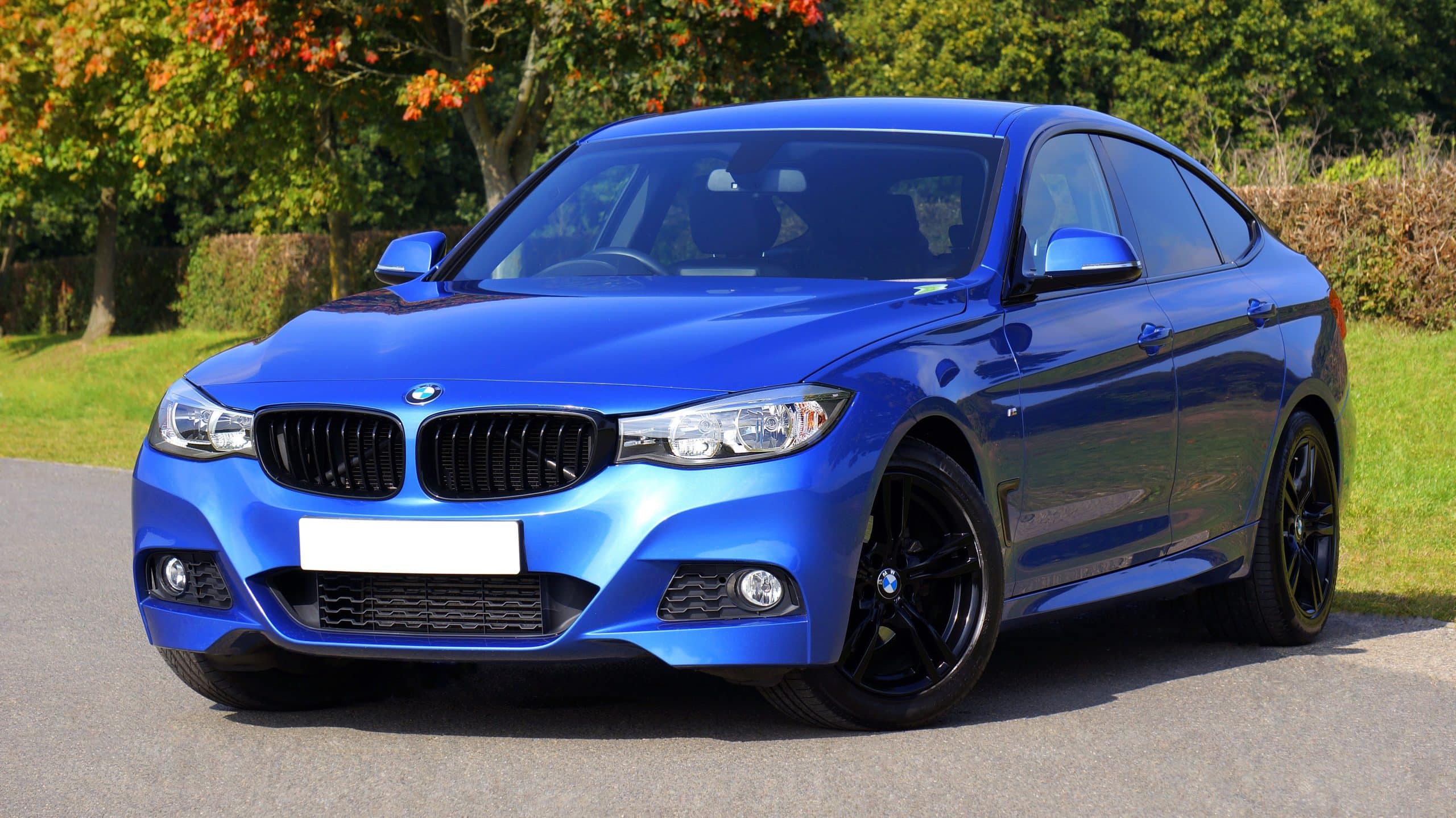How to Choose the Right Car Insurance Policy for Your Needs?

Selecting an appropriate car insurance policy can feel like a daunting task. The terminology around insurance can be complex, and the many options available can be overwhelming. But don’t fret, we’re here to break it down for you. By the time you finish reading this article, you will have a clear understanding of what coverage you need for your car, how to compare policies, and how to make the best decision for your specific situation.
Understanding Car Insurance Coverage
Before you even begin to compare insurance policies, it is crucial to understand what types of coverage are available and what they mean. Car insurance coverage protects you financially if your vehicle is damaged or you are injured in an accident.
Cela peut vous intéresser : What Are the Advantages of LED Headlights Over Halogen?
Liability Coverage
Liability coverage is usually a mandatory requirement in most states. It covers the costs of bodily injury and property damage you cause to others in an accident. This could include medical bills, lost wages, and damage to other vehicles or property. However, liability coverage does not pay for any damages to your car or your injuries.
Collision Coverage
As the name suggests, collision coverage pays for damage to your car resulting from a collision, regardless of who is at fault. It also covers damages from pothole accidents. Remember, collision coverage is usually optional unless it’s required by your auto loan or lease company.
Dans le meme genre : Can You Improve Your Car’s Fuel Economy with Simple Driving Habits?
Comprehensive Coverage
Comprehensive coverage pays for damages to your car caused by events other than a collision. This includes things like theft, vandalism, fire, or natural disasters. Like collision coverage, comprehensive coverage is typically optional unless required by your loan or lease agreement.
Assessing Your Needs
Now that you understand the basics of car insurance coverage, it’s time to assess your needs. The level and type of coverage required can differ greatly depending on your lifestyle, the value of your car, your driving habits, and your financial situation.
For instance, if you own an old car that isn’t worth much, you may decide to skip collision and comprehensive coverage. On the other hand, if you have a brand new vehicle, you would likely want full coverage to protect your investment.
It’s also important to assess your potential liability. If you cause an accident that leads to expensive property damage or severe bodily injury, could you afford to pay out of pocket? If the answer is no, you might want to consider higher liability limits.
Comparing Quotes
After you’ve figured out what coverage you need, it’s time to start shopping around. Get quotes from several insurance companies to make sure you’re getting the best price for the coverage you need.
When comparing quotes, make sure you’re looking at identical coverage options. Different companies may have different definitions of "full coverage," so it’s important to read the fine print. Also, be sure to check each company’s reputation for customer service and claims satisfaction.
Evaluating Deductibles and Premiums
The deductible is the amount you pay out of pocket before your insurance starts to pay. Typically, a higher deductible means a lower premium. You’ll need to decide what balance is right for you.
Do you want to pay a lower premium and potentially higher out-of-pocket costs in the event of an accident? Or would you rather pay a higher premium for lower potential out-of-pocket costs?
It’s also worth considering whether adding optional coverage like rental reimbursement or roadside assistance is worth the extra cost to you.
Understanding Your Policy
Once you’ve selected a policy, make sure you understand it completely. Know exactly what is covered and what isn’t. Understand how the claims process works and what your responsibilities are in the event of an accident.
Remember that car insurance is a contract. You pay the premium and in return, the insurance company agrees to pay for certain losses as defined in your policy. Make sure you’re comfortable with all the terms before you sign on the dotted line.
Navigating the world of car insurance doesn’t have to be intimidating. With the right knowledge and a little research, you can make an informed decision and choose the best policy for your needs.
Considering Extra Coverages
Apart from the basic car insurance covers, there are also additional coverage options that you can consider depending on your individual needs. These might increase the cost of your premium, but they also provide you with extra protection which can be beneficial in certain situations.
Uninsured motorist coverage protects you if you’re involved in an accident with an uninsured or under-insured driver. This kind of situation is more common than you might think. According to the Insurance Research Council, one in eight drivers in the U.S. is uninsured. Having this coverage can save you from significant financial loss.
Personal injury protection (PIP), also known as no-fault insurance, covers your medical expenses regardless of who is at fault in an accident. Some states require this type of coverage while in others it is optional. PIP can also cover lost wages and other non-medical expenses.
Gap insurance is worth considering if you have an auto loan or lease. If your car is totaled or stolen, there may be a "gap" between what you owe on your auto loan or lease and the car’s depreciated value. Gap insurance covers this difference.
Conclusion
Choosing the right car insurance policy requires careful consideration of your needs and budget. It’s crucial to understand the different types of insurance coverage available and how they can benefit you. Always remember to compare quotes from different insurance companies to ensure you get the best deal. Consider your deductible and premium balance, and think about including additional coverage options if they fit your situation.
Remember, the cheapest policy is not always the best. What’s most important is that you feel confident in your coverage and that it will protect you, your vehicle, and your wallet in the event of an accident. Understanding your policy thoroughly before you sign is key. And if you have any doubts or questions, don’t hesitate to ask your insurance company.
With the right information and a clear understanding of your needs, you can find a car insurance policy that provides you with the appropriate level of protection. Car insurance is an investment in your safety and financial stability. Make sure you make the right choice!
